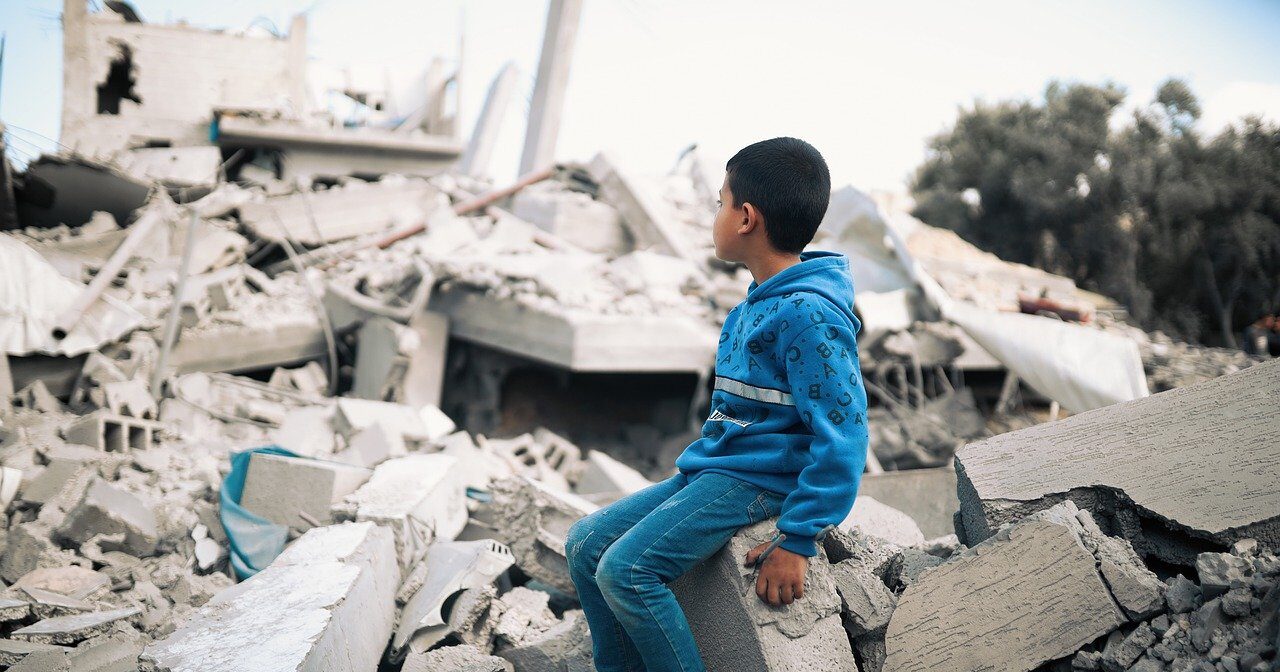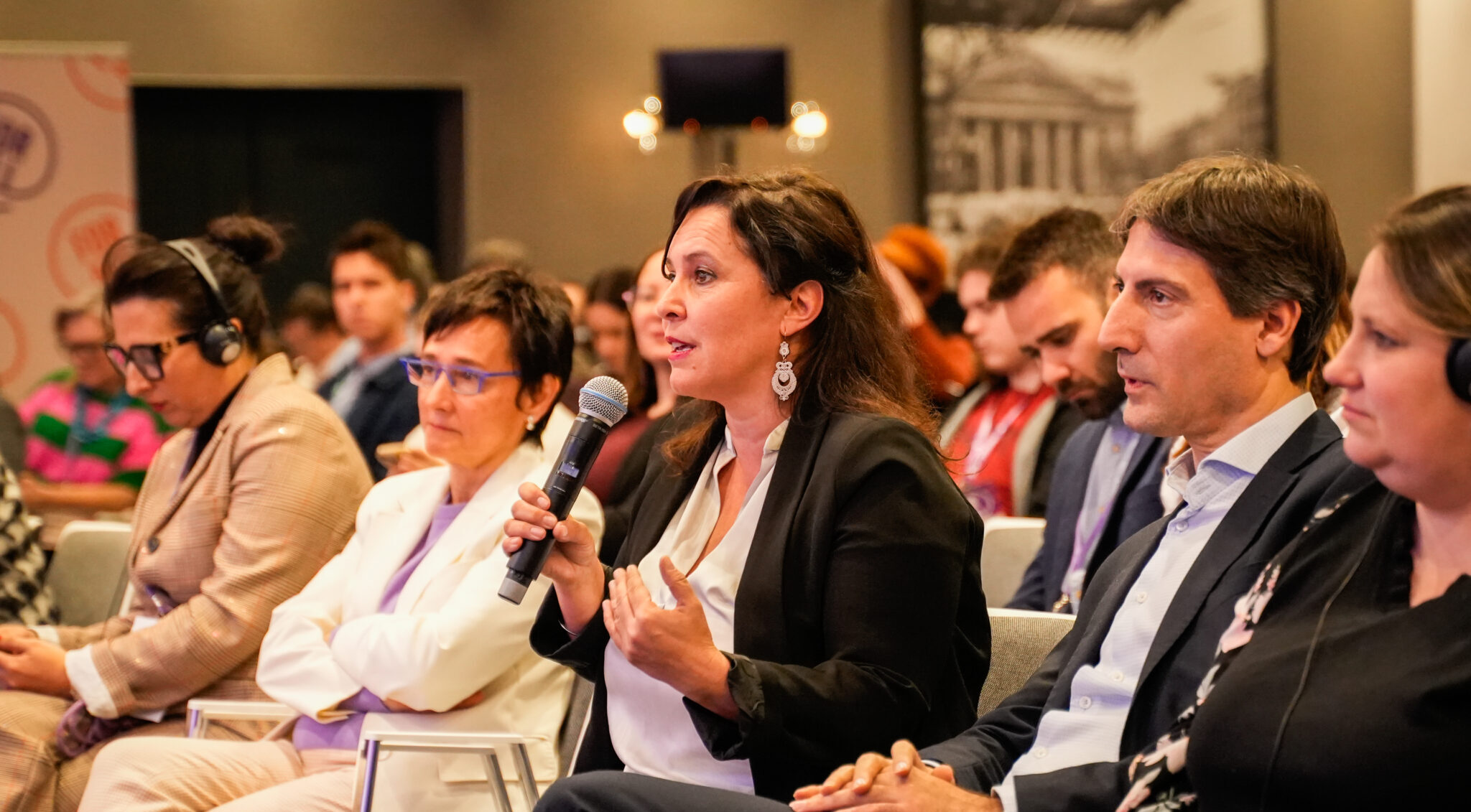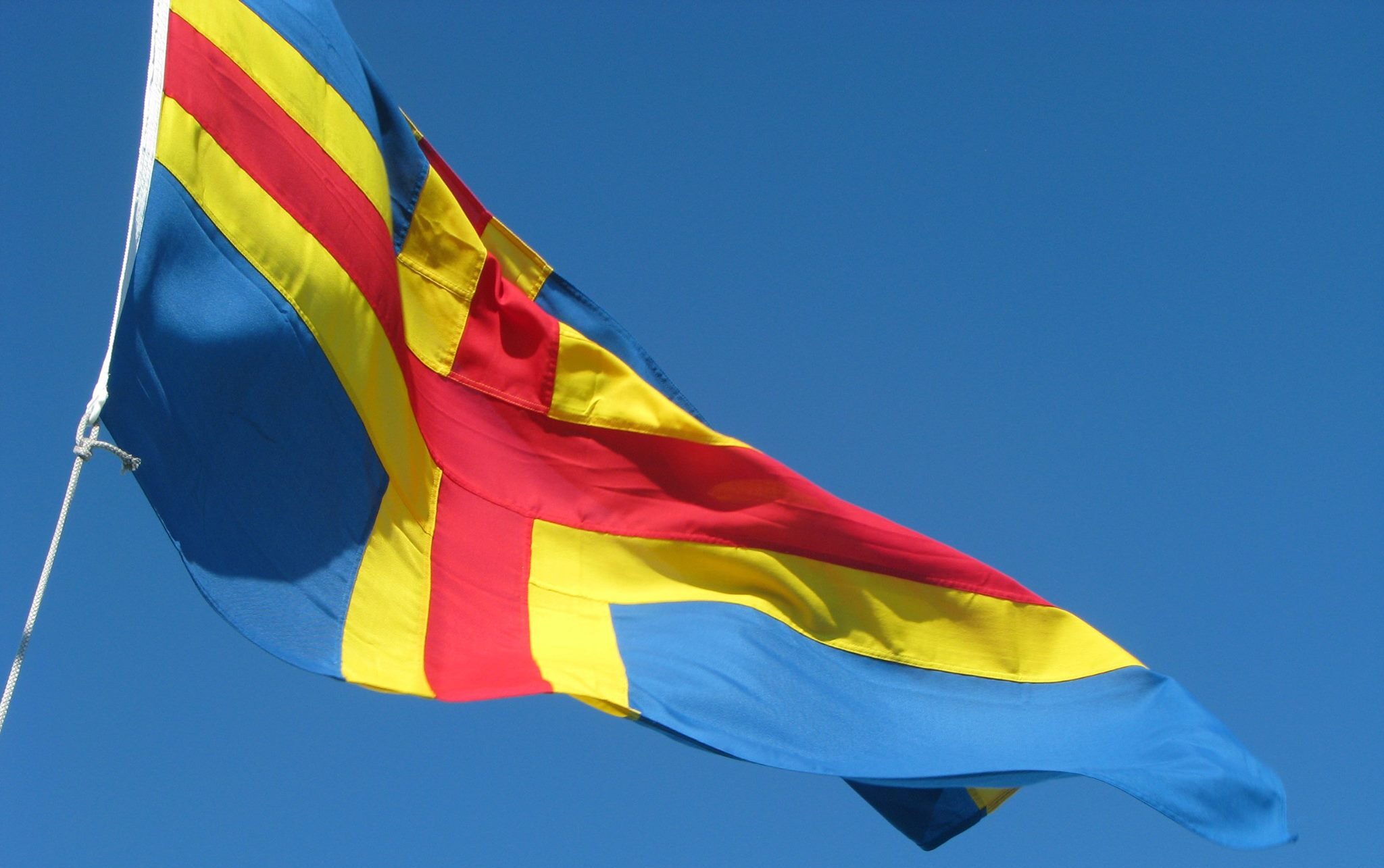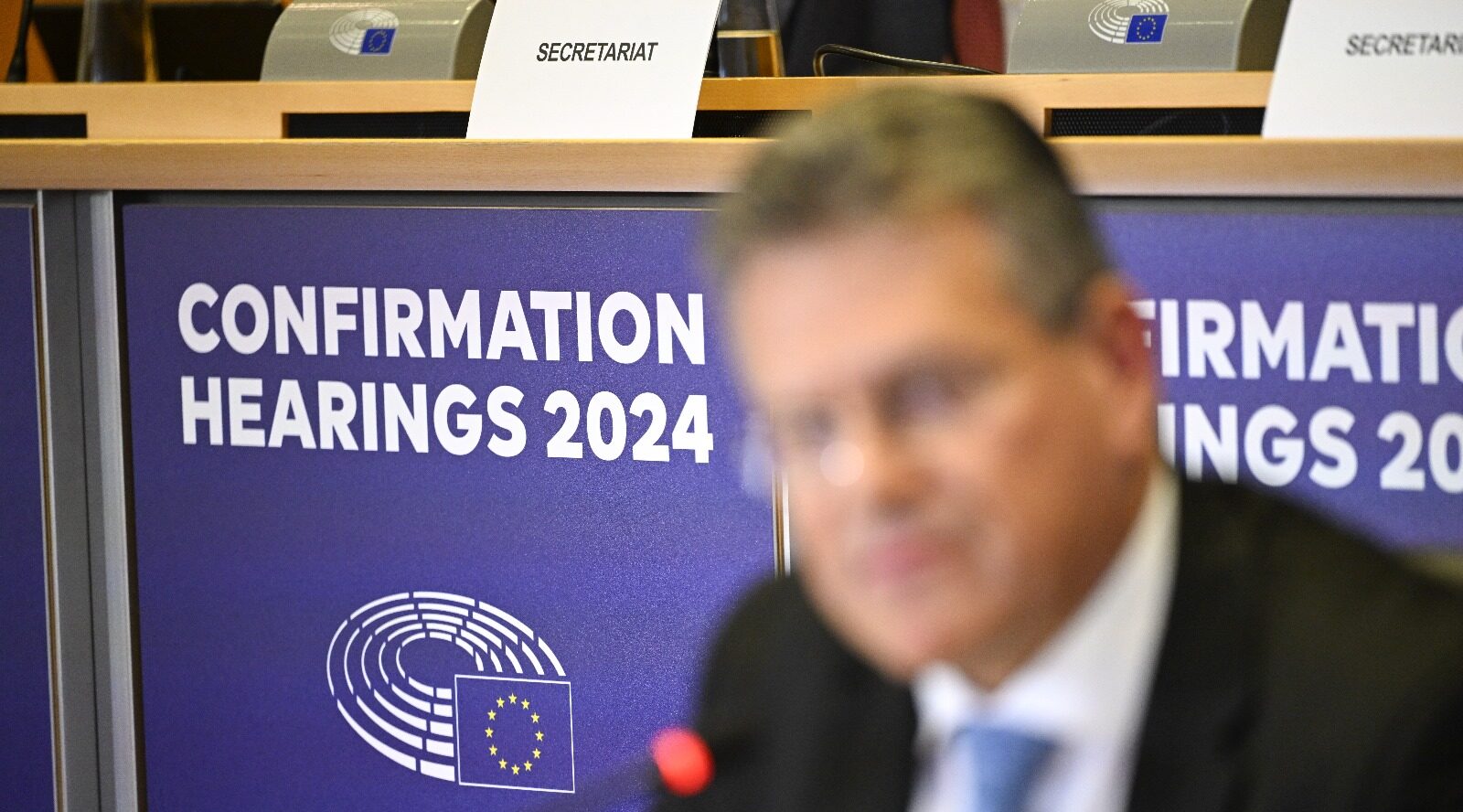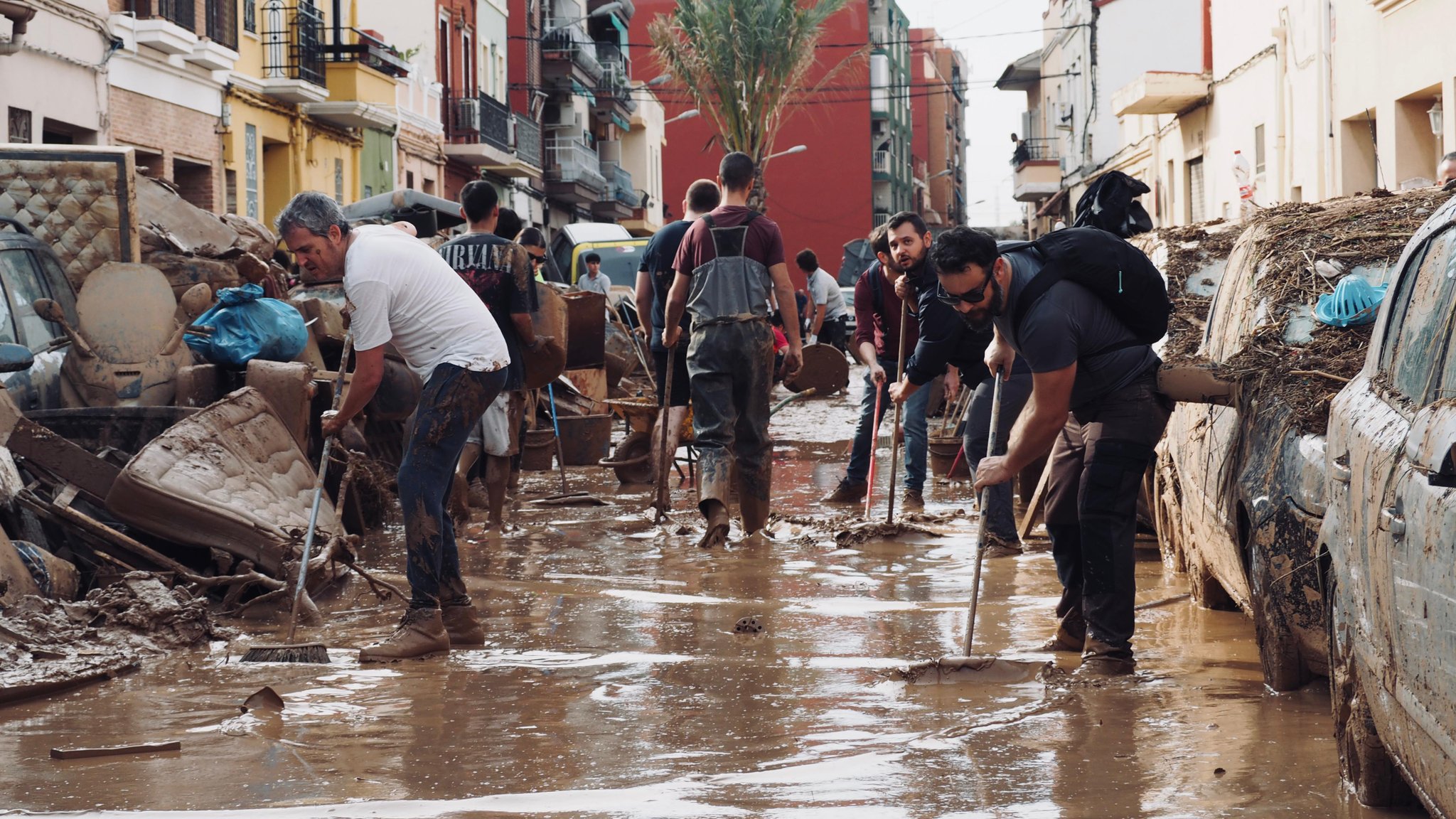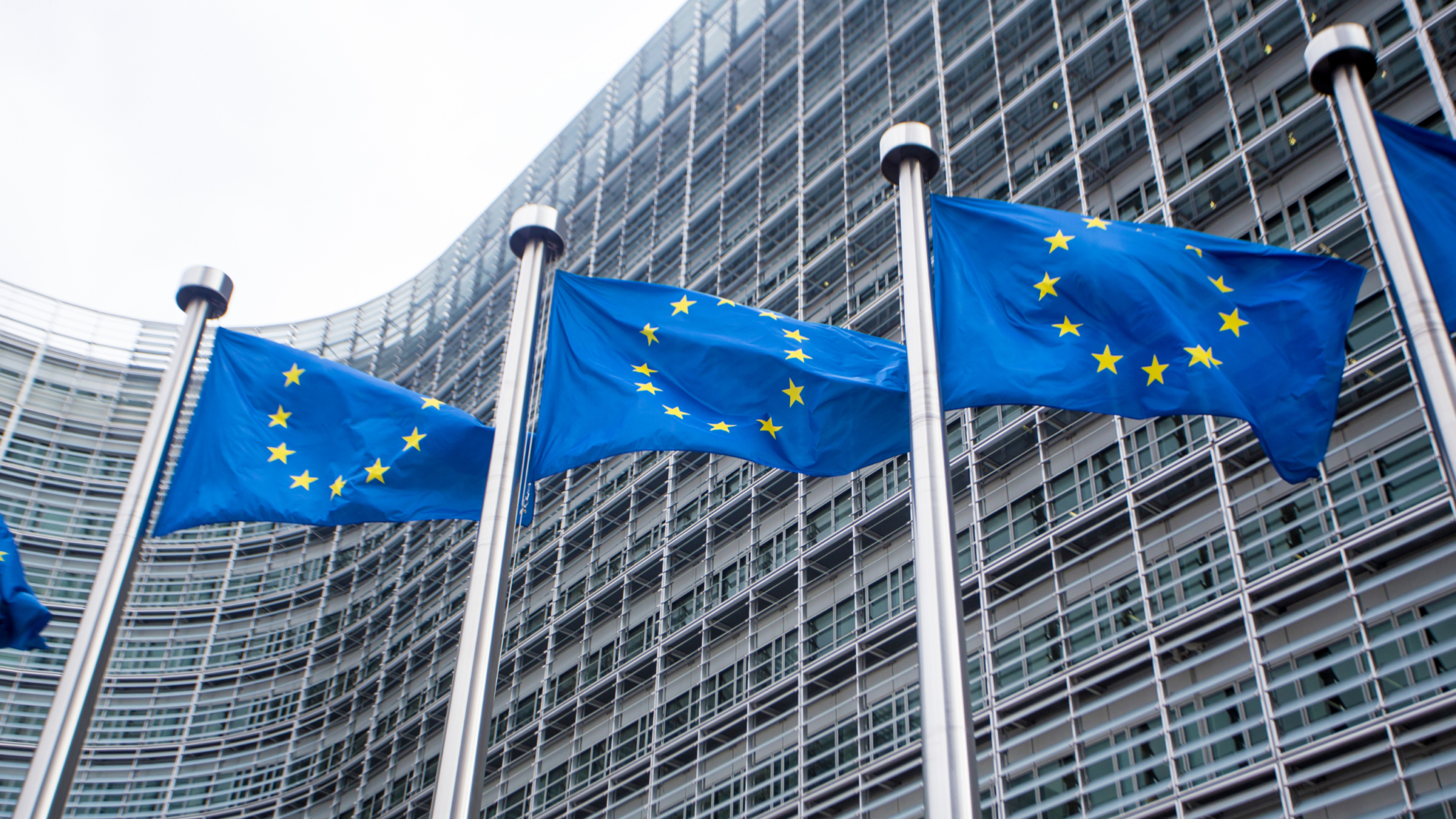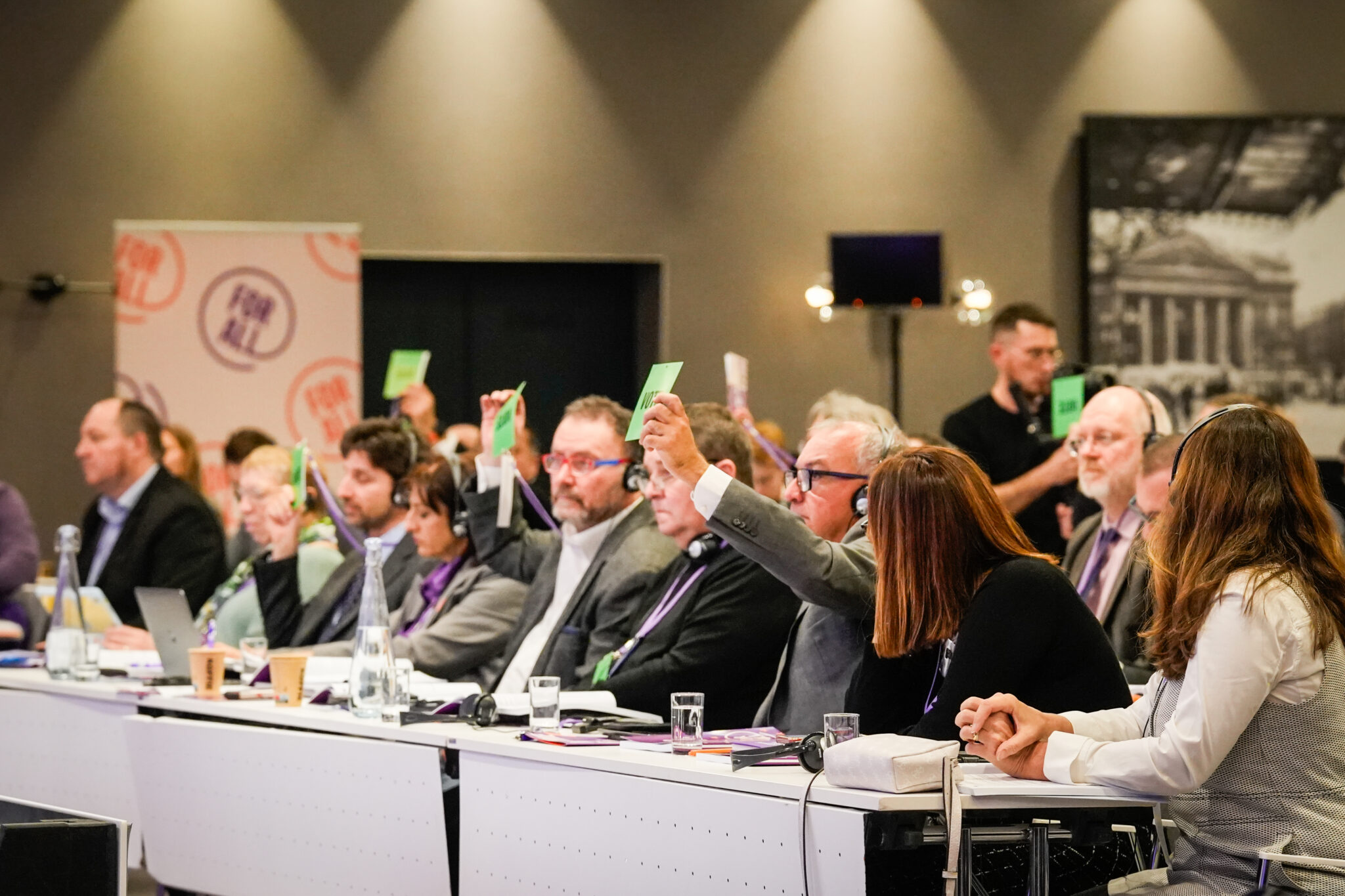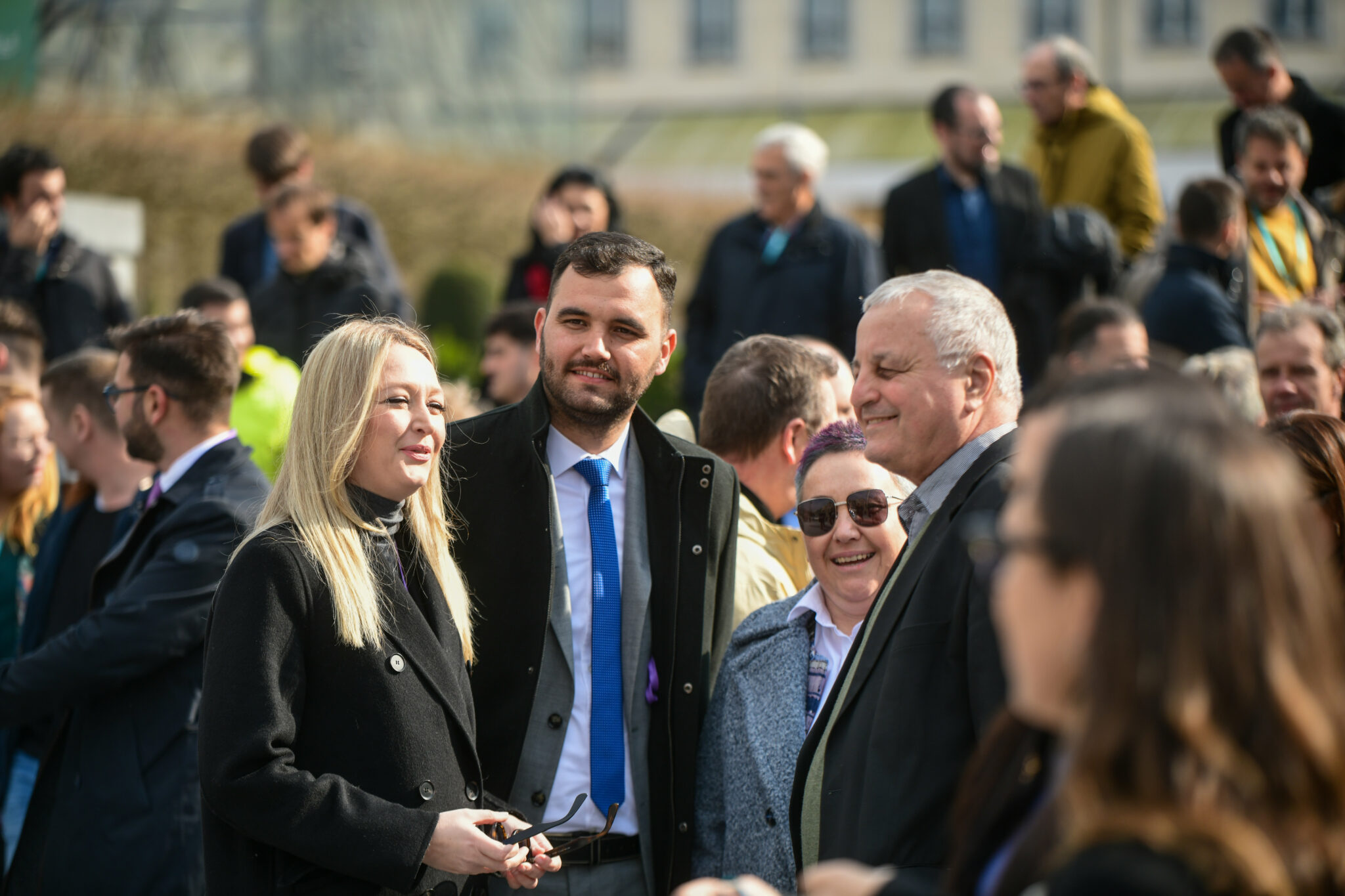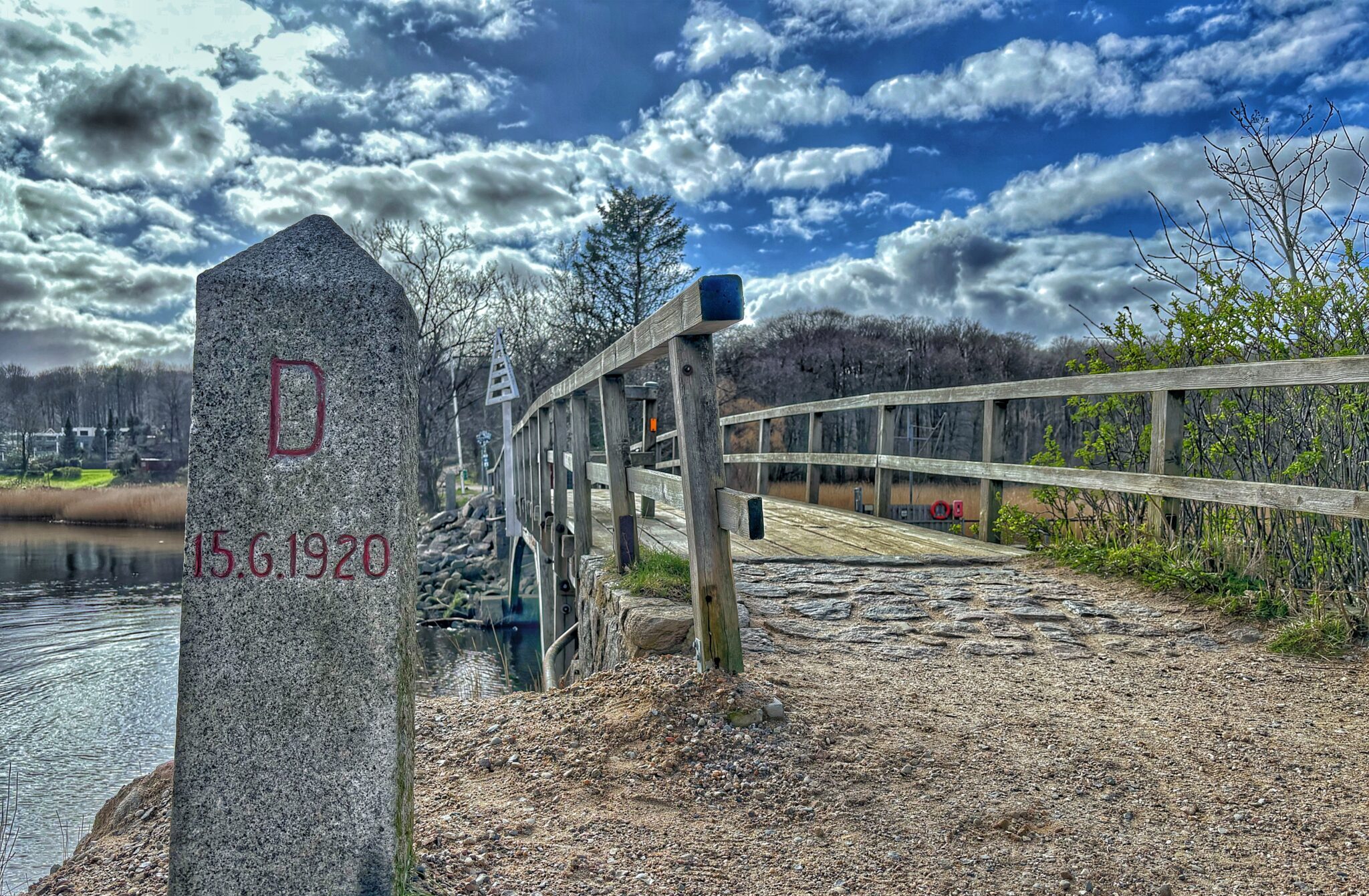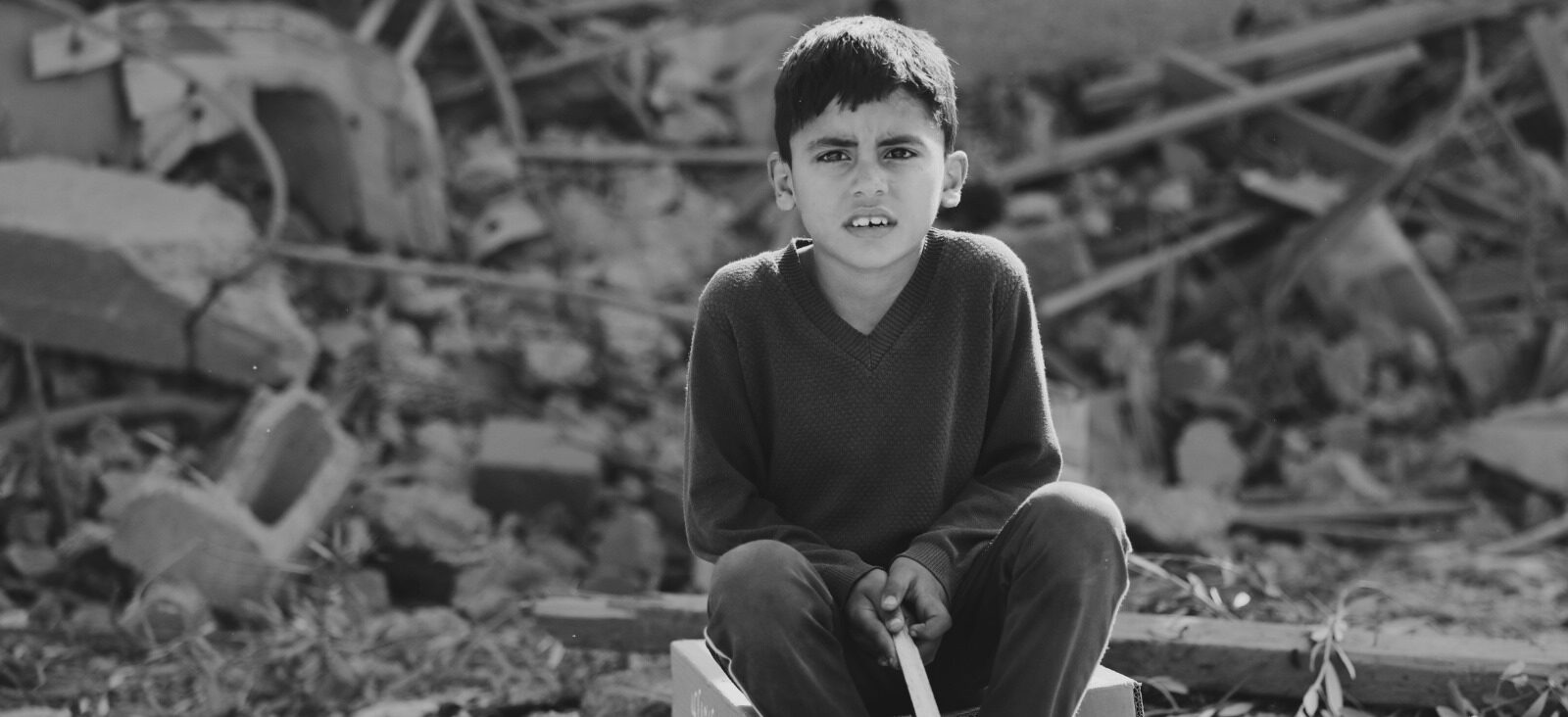Democracy and Reconciliation: What the US Capitol Riots Mean for Europe
For decades, we have enjoyed relative peace in the Western world. Since World War 2, no armed conflicts have occurred between members of the European Union, a feat internationally recognised with the awarding of the 2012 Nobel Peace Prize to the EU itself. The US, too, has benefitted from domestic stability.
But the rise of the alt-right – and a more divisive form of politics – has been brewing. 2016 will be remembered for the UK’s historic exit from the EU, as well as Donald Trump’s election as the President of the United States. Yet, few expected the events of January 6th, when tens of thousands of protestors marched upon the US Capitol.
These events have led to unprecedented measures being taken: 60 arrests and a historic second impeachment hold a feeling we have not experienced in politics for many years. A running theme in the reporting of the US Capitol attacks is that this is not an attack on a political party, but an attack on democracy itself. Still, opinions are divided. The role of social media in the political education of the public has been brought into question, with the sweeping bans of Trump’s social media ‘due to the risk of further incitement of violence’ an unsatisfactory result for all: too late for some, too strict for others. As we inevitably consume more of our news through the lens of social media, the roles and responsibilities of Facebook, Twitter, Instagram – as well as the concerning monopolies they hold – must be discussed. Impartial media has muddied politics into aggressive misinformation campaigns, ‘fake news’, and even rampant belief in conspiracy theories of criminal global elites.
With FBI intelligence reporting further attacks planned in all 50 state capitols, the peace we have enjoyed for decades appears under threat.
There is still an alternative. The EU was created with the aim of reconciling nations who were decimated by conflict: now, more than ever, the EU can act. Where people have felt left behind by a lack of political transparency, clear and strong democracy can restore faith. Where biased media and misinformation has created echo chambers across the political spectrum, European-level action can bring honesty and integrity back to the way we consume news.
This is EFA’s mission: a Europe of all peoples. A Europe that makes no distinction between peoples, without creating categories or second-class citizens. EFA wants another Europe, a different Europe, which recognises the universality of all people as well as their distinct identities. By being profoundly pro-European, we support a Europe for everyone. For EFA it is fundamental that Europe accepts and includes all peoples in the decision-making process, so as to build a democratic Europe of peace, respect, and solidarity.
EFA would like to build a resolutely social Europe, a welcoming Europe, a Europe that is prosperous for every one of its citizens and that respects its own plurality. Euroscepticism and/or anti-EU populism do not bring solutions. Europe must invest more in its communities by empowering the social fabric and building ties between people. An inclusive approach that welcomes new citizens is essential to strengthening our sense of identity and community.
When the population feels represented – and that their voice is heard – people do not resort to the violence we have seen in the US. In Europe, we have much to learn from the situation. We can either take heed or fall victim to the same problems. There are concerning signs that already, we are not listening. The jail sentences given to Catalan leaders and the violent repression of Catalan voters exercising their political right to self-determination has already spoiled belief in the strength of European democracy for hundreds of thousands. Tensions will not be resolved with political trials and further repression, but through dialogue, allowing for democratic and political solutions to be found. EFA calls on the European institutions, as well as the wider international community, to support a process of dialogue.
Few would disagree that we face a dire situation: not only in the US, but for democracy as a whole worldwide. By building a more resilient and equal European democracy, one which truly acts on behalf of all the people it represents, we can heal instead of divide.
You can find out more about EFA and read our manifesto on our website. Alternatively, keep up to date by following us on Twitter or Facebook.
